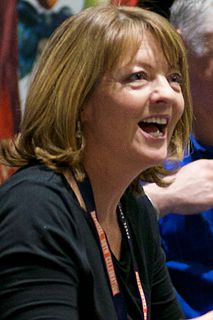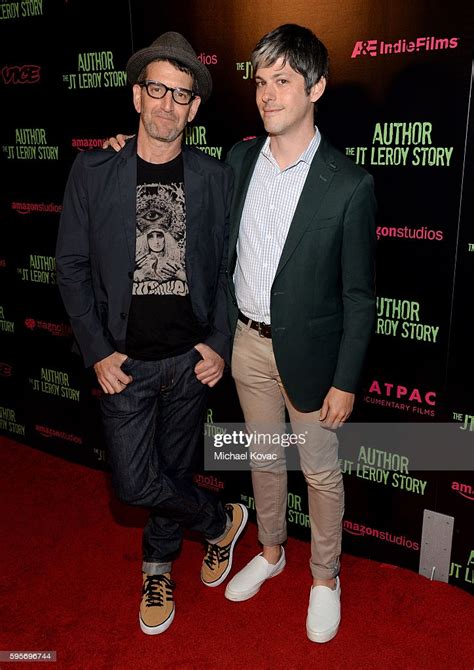A Quote by Yann Martel
The idea of a flip book still really appeals to me. That idea of fiction and non-fiction.
Related Quotes
The main difficulty is finding an idea that really excites me. We live in an age when miracles are no longer miracles, and science and the future are losing their sense of mystery. For science fiction, or at least the type of science fiction I write, this development is almost fatal, but I'm still giving it all I've got.
I worked out a book which I thought was just straight science fiction -- with everything pretty much explained, and suddenly I got an idea which I thought was kind of neat for working in a mythological angle. I'm really struggling with myself. It would probably be a better book if I include it, but on the other hand I don't always like to keep reverting to it. I think what I'm going to do is vary my output, do some straight science fiction and some straight fantasy that doesn't involve mythology, and composites.
I have always been intensely uncomfortable with the idea of a science fiction writer as prophet. Not that there haven't been science fiction writers who think of themselves as having some sort of prophetic role, but when I think of that, I always think of H.G. Wells - he would think of what was going to happen, and he would imagine how it would happen, and then he would create a fiction to illustrate the idea that he'd had. And no part of my process has ever resembled that at all.
Science fiction is any idea that occurs in the head and doesn't exist yet, but soon will, and will change everything for everybody, and nothing will ever be the same again. As soon as you have an idea that changes some small part of the world you are writing science fiction. It is always the art of the possible, never the impossible.
The twentieth century saw a professionalization of fiction writing, particularly in its second half and particularly in the Anglo-Saxon world - not so much mainland Europe, for example. This professionalization is a tragedy. Hand in hand with this - and I have no idea what the causal relations are - there has been a rise in the idea of The Author, so that today one often has the impression that what's selling the book is not the book but the author.
People ask me if I ever thought of writing a children's book. I say, 'If I had a serious brain injury I might well write a children's book', but otherwise the idea of being conscious of who you're directing the story to is anathema to me, because, in my view, fiction is freedom and any restraints on that are intolerable.
In general, fiction is divided into 'literary fiction' and 'commercial fiction.' Nobody can definitively say what separates one from the other, but that doesn't stop everybody (including me) from trying. Your book probably will be perceived as one or the other, and that will affect how it is read, packaged and marketed.
There's no question that how Johannesburg operates is what made me interested in the idea of wealth discrepancy. 'Elysium' could be a metaphor for just Jo'burg, but it's also a metaphor for the Third World and the First World. And in science fiction, separation of wealth is a really interesting idea to mess with.



































